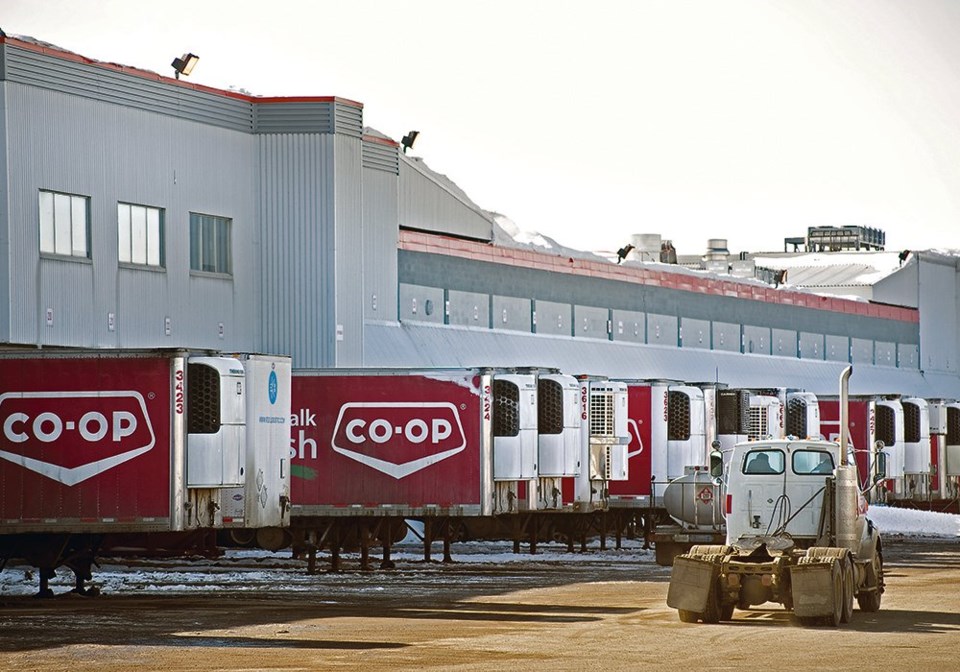It is also aiming to have net-zero emissions by 2050.
To help achieve these new emissions goals, FCL is partnering with Whitecap Resources.
The Calgary-based energy company operates the Weyburn Unit in southeastern Saskatchewan, which injects carbon dioxide underground and is recognized as the world’s largest underground geological CO2 sequestration project.
The two companies have signed a memorandum of understanding to increase levels of carbon dioxide being captured and sequestered in Saskatchewan.
Captured carbon dioxide emissions from the Co-op Refinery Complex in Regina and Co-op Ethanol Complex near Moose Jaw would be transported, sequestered and stored indefinitely at Whitecap’s Weyburn Unit under the plan.
“We take a long-term perspective in order to help our communities prosper and it’s something we know we can achieve only by working together. We will maintain that vision as we embark upon the transition into a low carbon economy,” said Scott Banda during a virtual press conference Oct. 21.
“This is arguably the largest shift we will make in our long history. We need to thoughtfully consider the energy sources and products required to meet the needs of co-op members, customers, and all western Canadians today and into future generations,” he said.
FCL has budgeted about $510 million for constructing and operating the two carbon capture facilities, which Banda said are preliminary at this point as plans await completion of a feasibility study currently underway.
“When fully implemented, we expect to be able to sequester nearly 500,000 tonnes of carbon dioxide equivalent in Whitecap’s Weyburn unit,” he said.
The expected completion date is 2024 for carbon capture at the Ethanol Complex and 2026 at the Refinery Complex.
With its Weyburn development, Whitecap brings carbon capture expertise to the partnership as an owner and operator of the largest anthropogenic carbon sequestration project in the world.
“We are currently sequestering two million tons a year of CO2 that would otherwise be released to the atmosphere, which is over 40 percent of the carbon sequestered in Canada at this time,” said Grant Fagerheim, chief executive officer of Whitecap.
“Our vision is to use the project with FCL as an anchor to create a centralized hub that will support the efficient capture and storage of CO2 from FCL’s operations,” he said.
There’s also future potential, he said, for expansion into a larger hydrogen hub.
Talks have also begun with various other emitters for larger scale projects that together with FCL could pick up more than 70 percent of emissions in the project area.
“Overall, this project represents the quickest path to reductions in our individual greenhouse gas emissions and can unlock billions of dollars of CO2 investment in Saskatchewan,” Fagerheim said.
During the announcement, Bronwyn Eyre, Saskatchewan’s energy and resources minister, congratulated the two companies.
“If every oil and gas producing nation on the planet extracted oil and gas the way we do here in Western Canada, global greenhouse gas emissions would instantly fall by one quarter, she said, citing a report led by Joule Bergerson at the University of Calgary.
Eyre said studies have shown that Saskatchewan ranks as the first overall in Canada in terms of size and quality of its CO2 geologic storage potential because of the depth of the formations that can hold it at greater than 1,000 metres deep. This means CO2 can be compressed to use much less room in the reservoir and makes storage more efficient.

